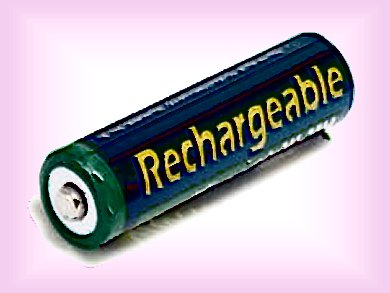Boron carbon nitride nanosheets can trap large numbers of lithium ions and so could be used as “green” alternatives to metal electrodes in rechargeable batteries.
The polarity of the B-N bonds in BCN nanosheets endows them with complimentary properties to the all-carbon nanosheet material graphene. As such, researchers at Deakin University in Victoria, Australia, and their colleagues have investigated the potential of these layered materials as alternative, metal-free electrode materials for a next generation of rechargeable lithium ion batteries. Weiwei Lei and colleagues used a simple reaction scheme to prepare a few layers of these BCN nanosheets just 2 to 6 atomic layers thick. The large surface area of these wafers mean they can trap lithium ions in large numbers and the researchers have already demonstrated enhanced storage performance in lithium batteries with a stable capacity of about 100
millamp hours per gram at a current of 2 Amps. They say the materials are good for 5000 charge-discharge cycles.
- Large scale boron carbon nitride nanosheets with enhanced lithium storage capabilities,
Weiwei Lei, Si Qin, Dan Liu, David Portehault, Zongwen Liu, Ying Chen,
Chem. Commun. 2012.
DOI: 10.1039/C2CC36998B



